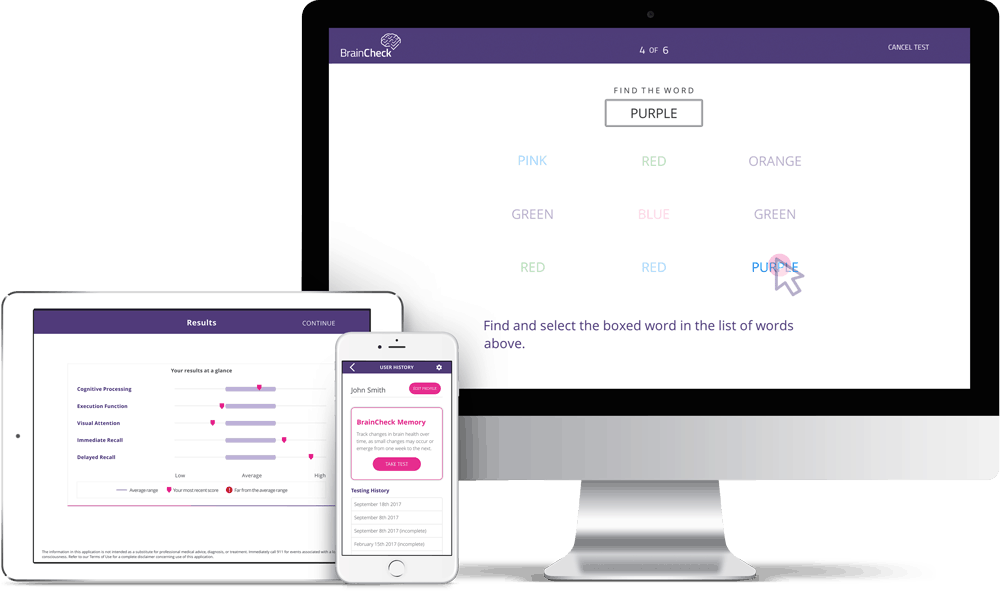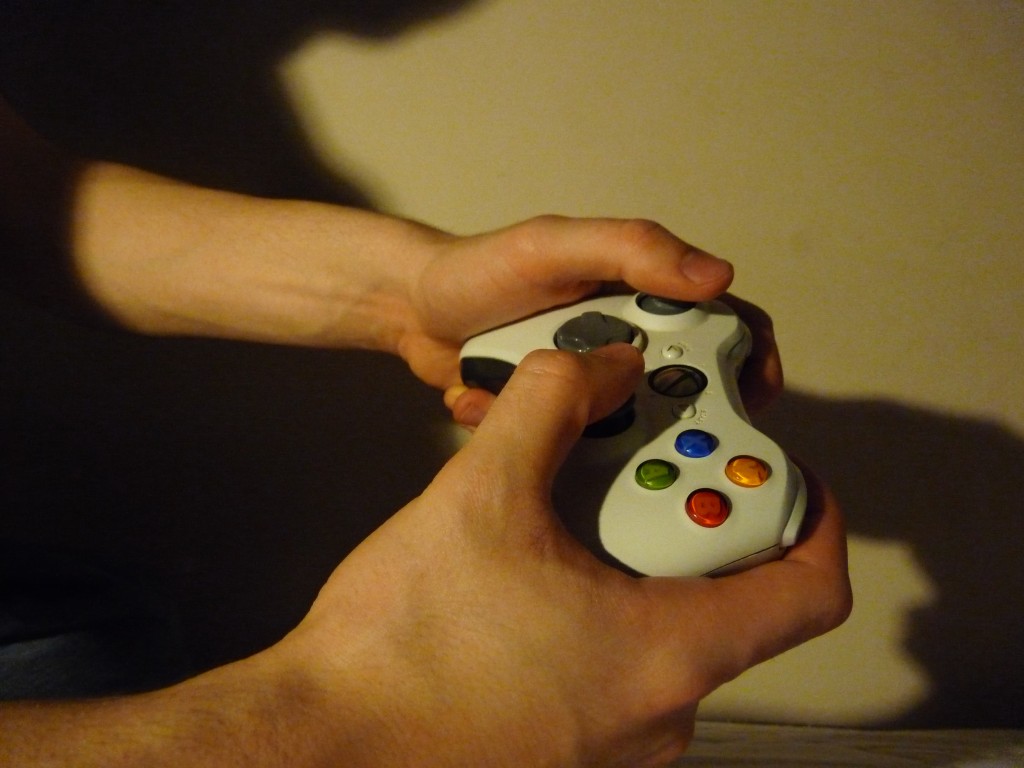Posts Tagged ‘visual-attention’
BrainCheck raises $8 million to digitize cognitive/ neuropsychological assessments and better serve the aging population
_______________ This startup just raised $8 million to help busy doctors assess the cognitive health of 50 million seniors (TechCrunch): “…startups increasingly recognize opportunities to cater to this aging population. Some are developing products to sell to individuals and their family members directly; others are coming up with ways to empower those who work directly…
Read MoreStudy suggests the real deficit underlying Attention Deficit Disorders is not Attention, but Working Memory
______________________________ Many parents have observed that their child with ADHD stays attentive and engaged during ‘high interest’ activities, e.g., while playing video games, but has considerable problems staying focused on less inherently engaging tasks, e.g., doing schoolwork. This discrepancy in attention during preferred and non-preferred activities has led some to
Read MoreLearning with Video Games: A Revolution in Education and Training?
In recent years, we have witnessed the beginnings of a revolution in education. Technology has fundamentally altered the way we do many things in daily life, but it is just starting to make headway in changing the way we teach. Just as television shows like Sesame Street enhanced the passive learning of information for kids…
Read MoreImproving Driving Skills and Brain Functioning- Interview with ACTIVE’s Jerri Edwards
Today we are fortunate to interview Dr. Jerri Edwards, an Associate Professor at University of South Florida’s School of Aging Studies and Co-Investigator of the influencial ACTIVE study. Dr. Edwards was trained by Dr. Karlene K. Ball, and her research is aimed toward discovering how cognitive abilities can be maintained and even enhanced with advancing age.…
Read More


